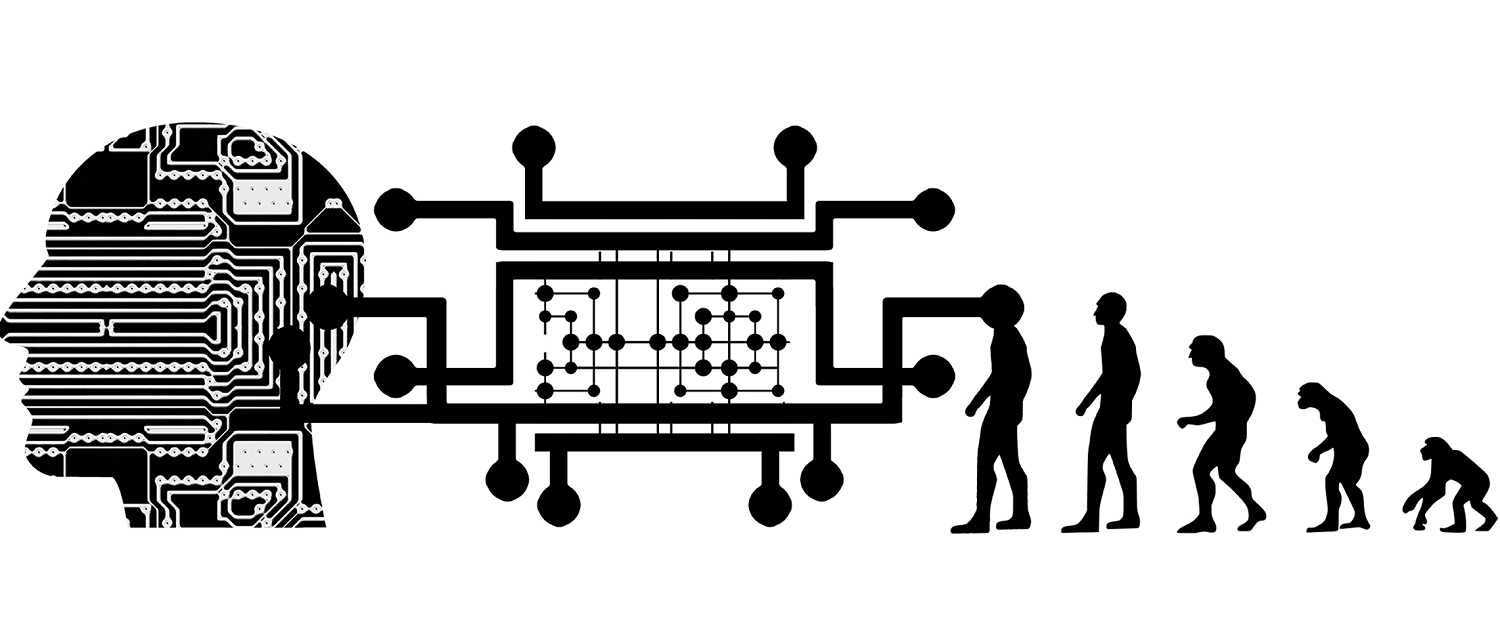

Global enterprise applications company, IFS, has announced the findings of a research study into the attitudes and strategies towards artificial intelligence (AI) among business leaders.
The study polled 600 business leaders, across a broad spectrum of industries, involved with their companies’ enterprise technology including ERP, enterprise asset management (EAM), and field service management (FSM).
Key findings
• About 90 percent of respondents reported at least some plans to implement AI in various parts of their business. Industrial automation was the most commonly reported area of investment with 44.6 percent planning AI projects, while customer relationship management (CRM) and inventory planning and logistics tied for second place at 38.9 percent.
• When asked how they plan to use AI, 60.6 percent said they expected it would help them make existing workers more productive. Just under half, 47.9 percent, said they would use AI to add value to products and services they sell to customers. About 18.1 percent said they would proactively use it to replace existing workers.
• While a majority of respondents anticipated productivity increases from AI, 29.3 percent anticipated AI would lead to a reduction in headcount in their industry. To manage this, 56 percent of respondents stated that society could best prepare by changing educational programmes to prepare workers to make direct use of AI tools to increase their own productivity. Another 23.4 percent said they expect the market to create new jobs for people displaced by AI, while 15.4 percent suggested a shortened 30-hour work week.
“AI is no longer an emerging technology. It is being implemented to support business automation in the here and now, as this study clearly proves,” said IFS VP of AI, Bob De Caux. “We are seeing many real-world examples where technology is augmenting existing decision-making processes by providing users with more timely, accurate and pertinent information. In today’s disruptive economy, the convergence of technologies such as AI and IoT is bolstering a new form of business automation that will provide companies which are brave enough with the tools and services they need to be more competitive and outflank larger competitors.”
An early adopter of industrial automation solutions that makes use of robotics to transform its business strategy is leading North American packaging manufacturer Cheer Pack, which deployed a fleet of AI-powered autonomous vehicles to robotise material movements in its US factory. It has already seen strong returns on the investment.
Cheer Pack director of IT, Alex Ivkovic, noted: “We expect the cost savings to be over $1.5 million per year. In addition, each and every employee will be retasked to a higher-skilled position, helping us with our labour shortage.”
De Caux concluded: “The findings of the study and the real-world scenarios being realised by our customers point to the conclusion that the time is right for companies to reap both business and financial benefits from automation technology. Falling for the hype of AI is easy, but success requires disruption to existing business models. The technologies themselves are not a panacea, nor are they a universal solution to any problem. However, with the right data model and viable use cases, AI can support improved productivity and deliver significant benefits to both operations and the wider business. AI will be used by the vast majority of organisations in some form in the near future, extracting real value from intelligent processes, for the long-term.”
The complete study: ‘How are companies planning to adopt AI and adjust to resulting disruptive change’, can be downloaded at https://tinyurl.com/sjyrlsq

© Technews Publishing (Pty) Ltd | All Rights Reserved